Home / bhopal / RGPV Students Face Placement Setbacks Amid NAAC Accreditation Delay; Human Rights Concerns Over Equal Job Access
RGPV Students Face Placement Setbacks Amid NAAC Accreditation Delay; Human Rights Concerns Over Equal Job Access
By: My India Times
2 minutes read 68Updated At: 2024-12-14
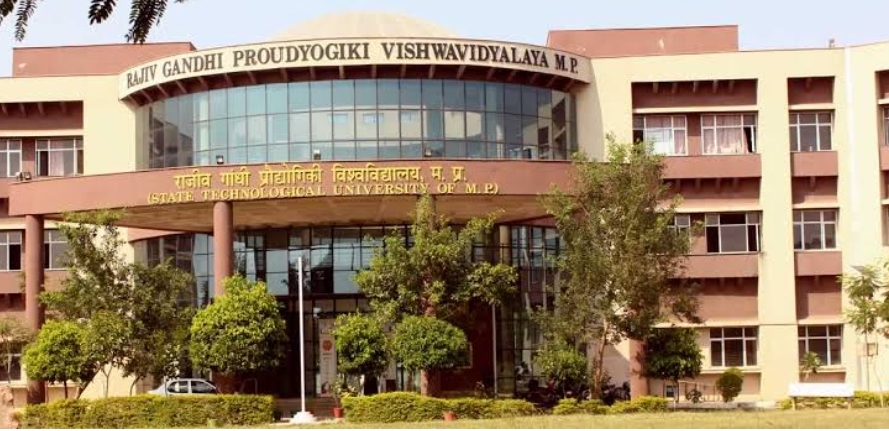
Human Rights Concerns Raised as RGPV Placements Struggle Due to Lack of NAAC Grading; Only 193 of 650 Students Secured Jobs
In a concerning turn of events, the Rajiv Gandhi Proudyogiki Vishwavidyalaya (RGPV) in Madhya Pradesh is witnessing a significant decline in placement opportunities for its final-year B.Tech students due to the lack of National Assessment and Accreditation Council (NAAC) grading. This absence of accreditation, which has persisted for two years, has led to a stark reduction in job offers for students. Out of 650 eligible candidates, only 193 students have secured placements, with the highest offer being ₹12 lakh—far lower than previous years when students received offers between ₹15 lakh and ₹20 lakh.
The absence of NAAC accreditation has raised severe human rights concerns, particularly regarding equal access to educational opportunities and employment prospects. NAAC grading serves as an important marker of institutional quality, influencing how potential employers view graduates from accredited universities. As RGPV remains unaccredited, its students are being unjustly disadvantaged, despite their academic achievements. This situation reflects a deeper systemic issue where students from lesser-known institutions are denied equal opportunities based solely on their university's accreditation status, rather than their individual capabilities or qualifications.
Human rights advocates have called attention to the need for fair and equal access to employment for all students, regardless of the institution they attended. By denying students access to high-paying jobs based on factors beyond their control, such as the lack of NAAC grading, their fundamental right to equal opportunities is being compromised. Students should not be judged by the institution's rating, but rather by their skills, knowledge, and potential to contribute to the workforce.
RGPV authorities have acknowledged the impact of the lack of NAAC accreditation on placements and are actively working towards regaining the certification. However, students’ immediate career prospects are still being harmed by this delay, causing frustration and concern. The university’s efforts to address this issue must prioritize the human rights of its students, ensuring that they are not penalized due to the accreditation status of their institution.
This situation underscores the urgent need for systemic change within the education and employment sectors to protect students’ right to fair treatment and equal opportunities, irrespective of their institution's accreditation. Universities, along with employers, must recognize the importance of judging students on their individual merit, rather than institutional labels, to ensure a more equitable and just system.
Human Rights Concerns Raised as RGPV Placements Struggle Due to Lack of NAAC Grading; Only 193 of 650 Students Secured Jobs
In a concerning turn of events, the Rajiv Gandhi Proudyogiki Vishwavidyalaya (RGPV) in Madhya Pradesh is witnessing a significant decline in placement opportunities for its final-year B.Tech students due to the lack of National Assessment and Accreditation Council (NAAC) grading. This absence of accreditation, which has persisted for two years, has led to a stark reduction in job offers for students. Out of 650 eligible candidates, only 193 students have secured placements, with the highest offer being ₹12 lakh—far lower than previous years when students received offers between ₹15 lakh and ₹20 lakh.
The absence of NAAC accreditation has raised severe human rights concerns, particularly regarding equal access to educational opportunities and employment prospects. NAAC grading serves as an important marker of institutional quality, influencing how potential employers view graduates from accredited universities. As RGPV remains unaccredited, its students are being unjustly disadvantaged, despite their academic achievements. This situation reflects a deeper systemic issue where students from lesser-known institutions are denied equal opportunities based solely on their university's accreditation status, rather than their individual capabilities or qualifications.
Human rights advocates have called attention to the need for fair and equal access to employment for all students, regardless of the institution they attended. By denying students access to high-paying jobs based on factors beyond their control, such as the lack of NAAC grading, their fundamental right to equal opportunities is being compromised. Students should not be judged by the institution's rating, but rather by their skills, knowledge, and potential to contribute to the workforce.
RGPV authorities have acknowledged the impact of the lack of NAAC accreditation on placements and are actively working towards regaining the certification. However, students’ immediate career prospects are still being harmed by this delay, causing frustration and concern. The university’s efforts to address this issue must prioritize the human rights of its students, ensuring that they are not penalized due to the accreditation status of their institution.
This situation underscores the urgent need for systemic change within the education and employment sectors to protect students’ right to fair treatment and equal opportunities, irrespective of their institution's accreditation. Universities, along with employers, must recognize the importance of judging students on their individual merit, rather than institutional labels, to ensure a more equitable and just system.
By: My India Times
Updated At: 2024-12-14
Tags: bhopal News | My India Times News | Trending News | Travel News
Join our WhatsApp Channel





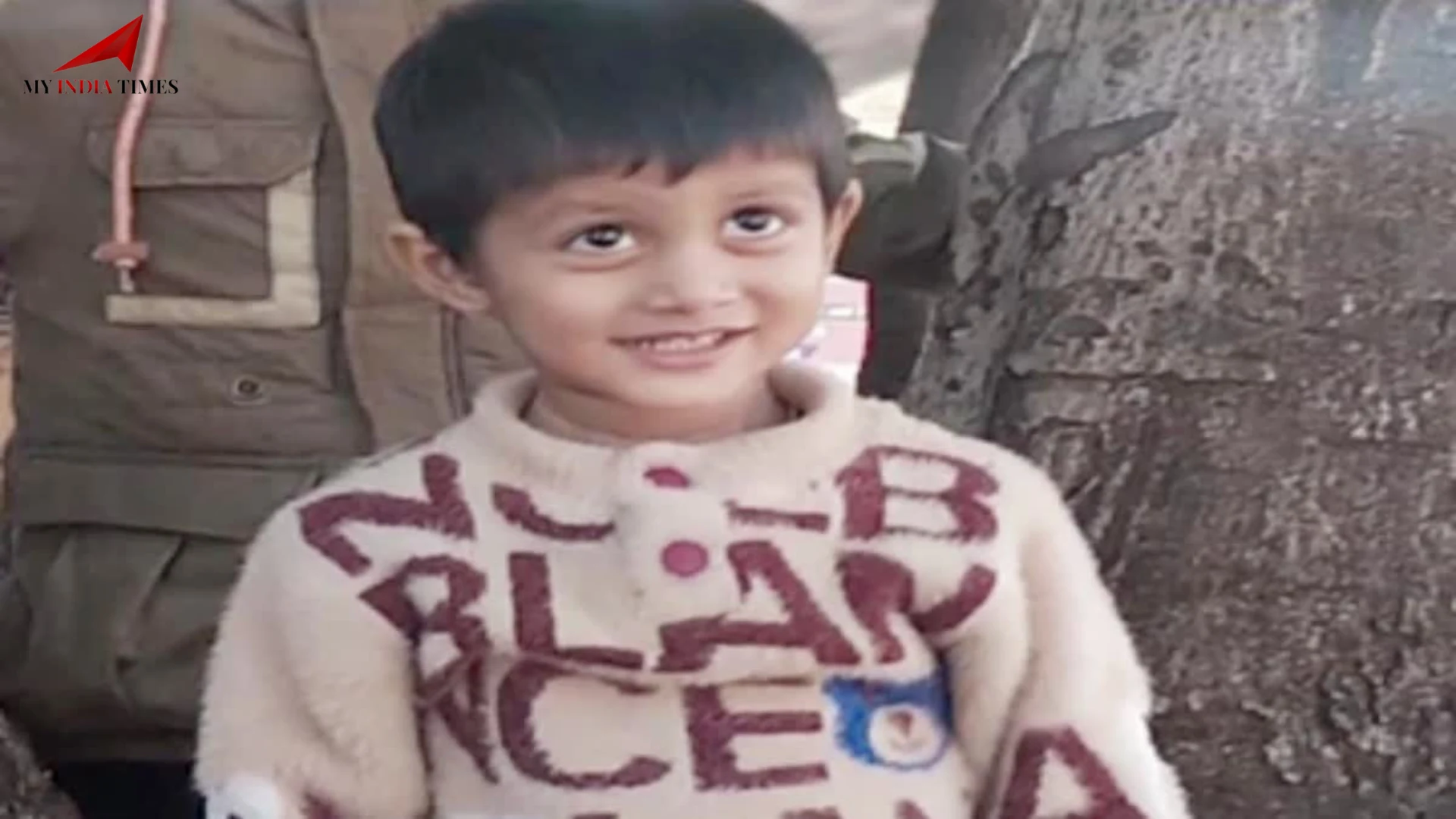

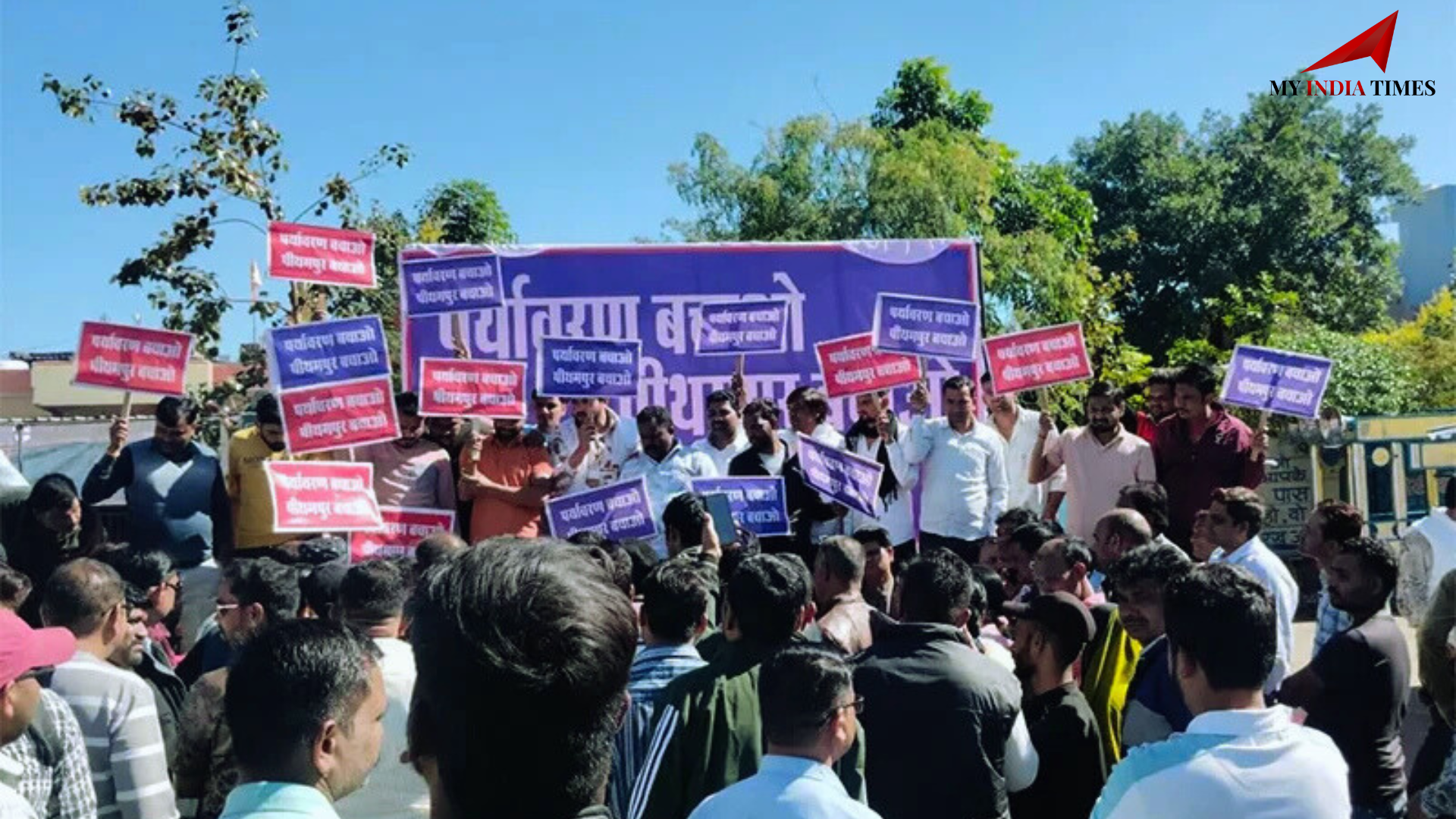




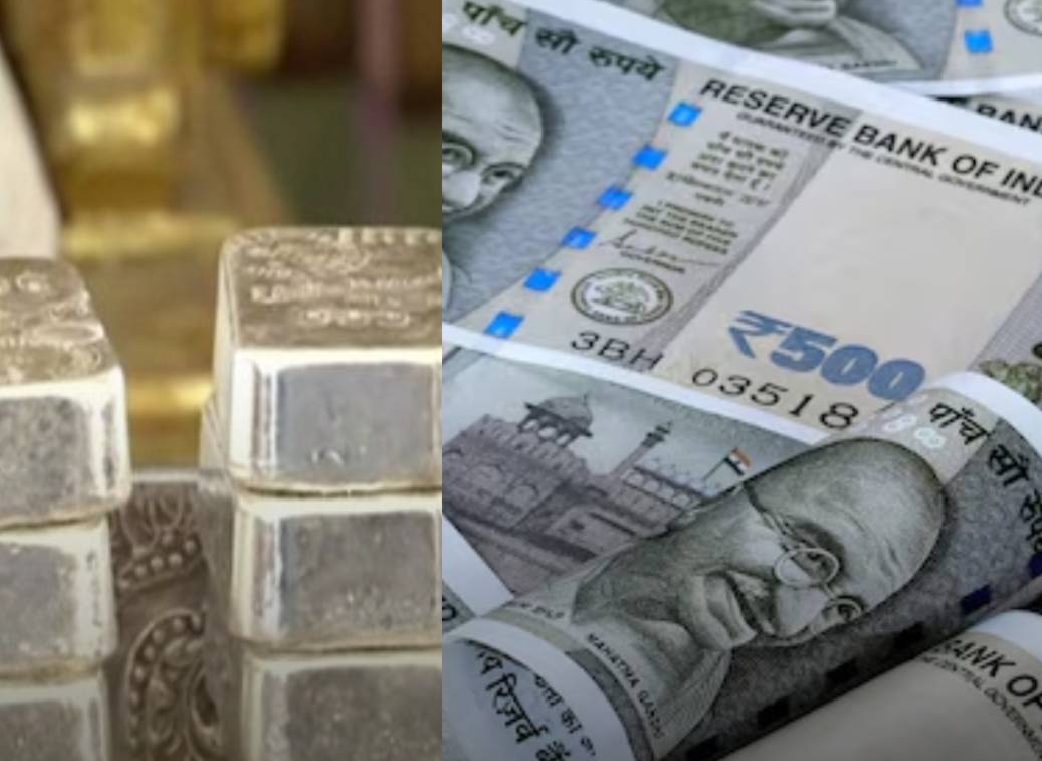
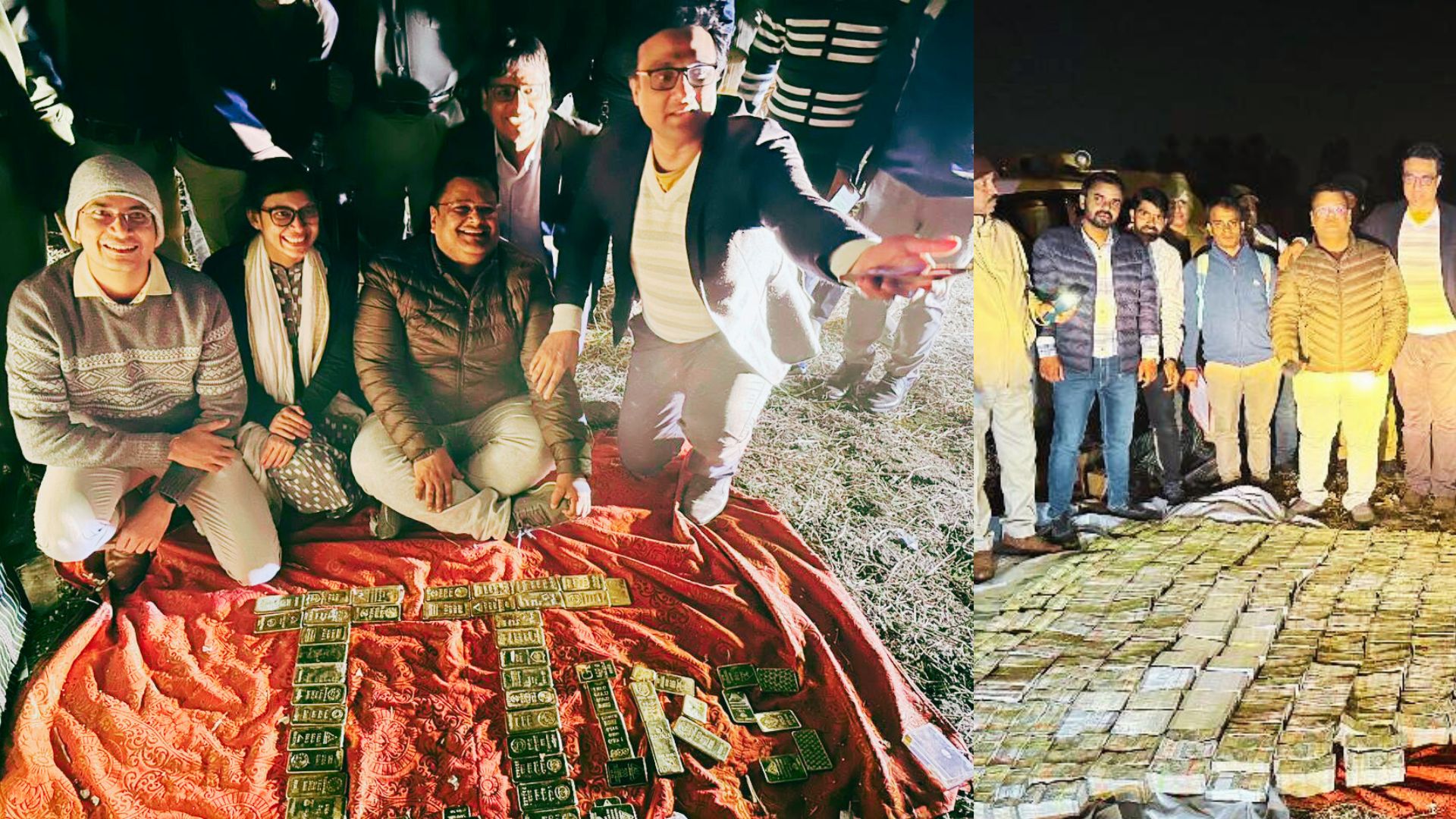
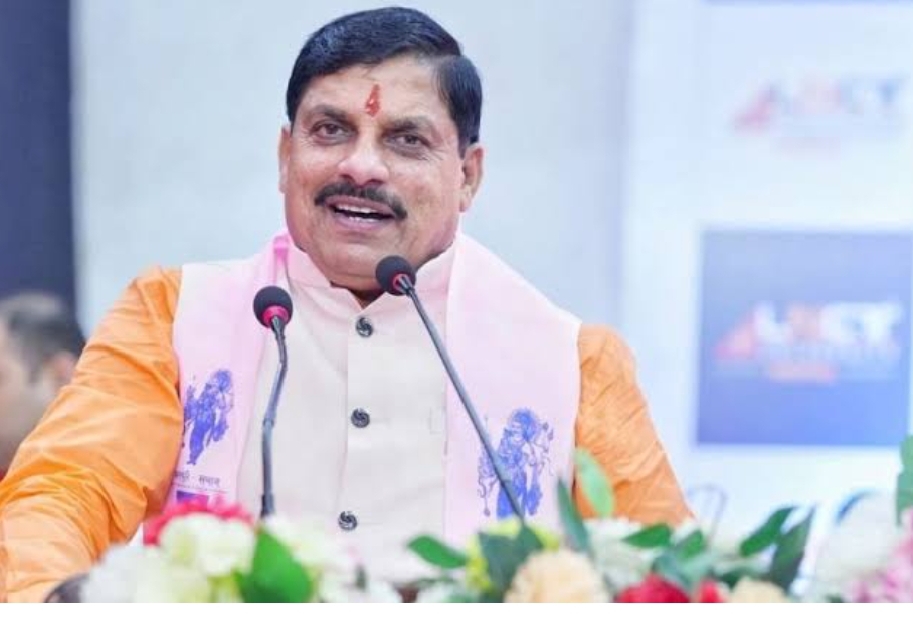
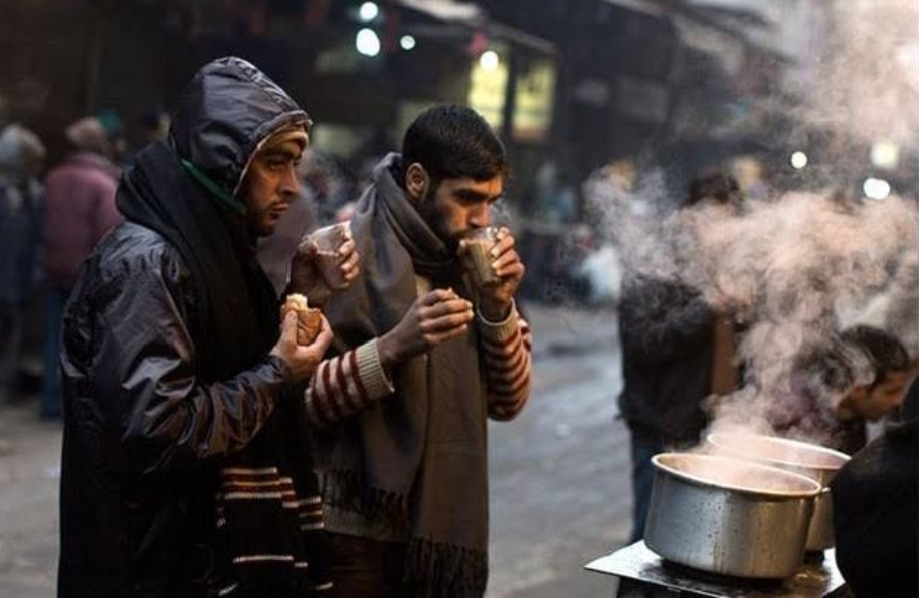

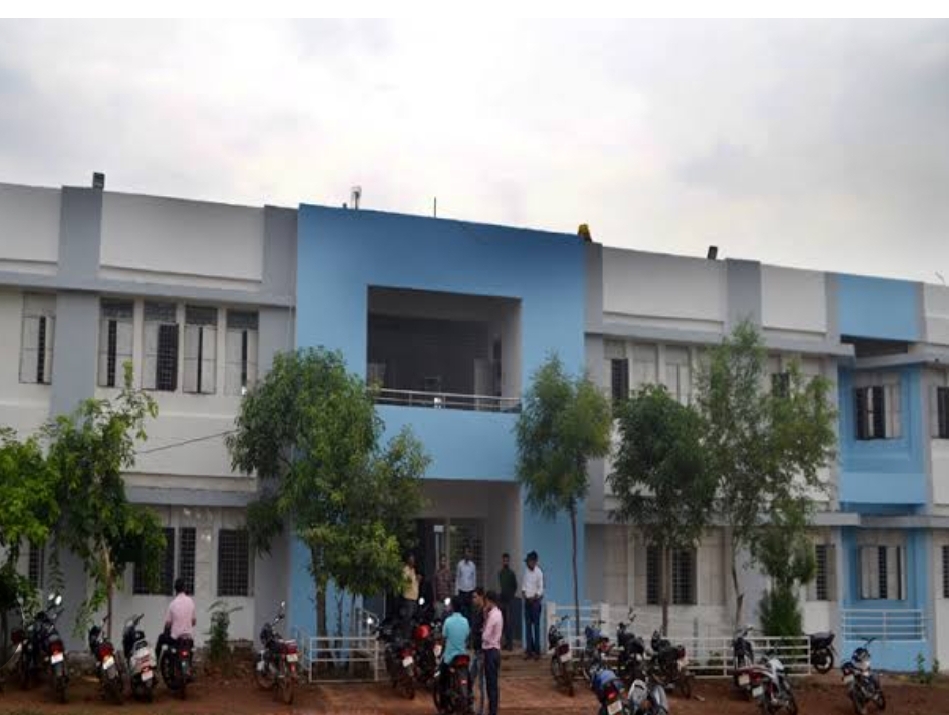



























































































.png)
 (1).png)























